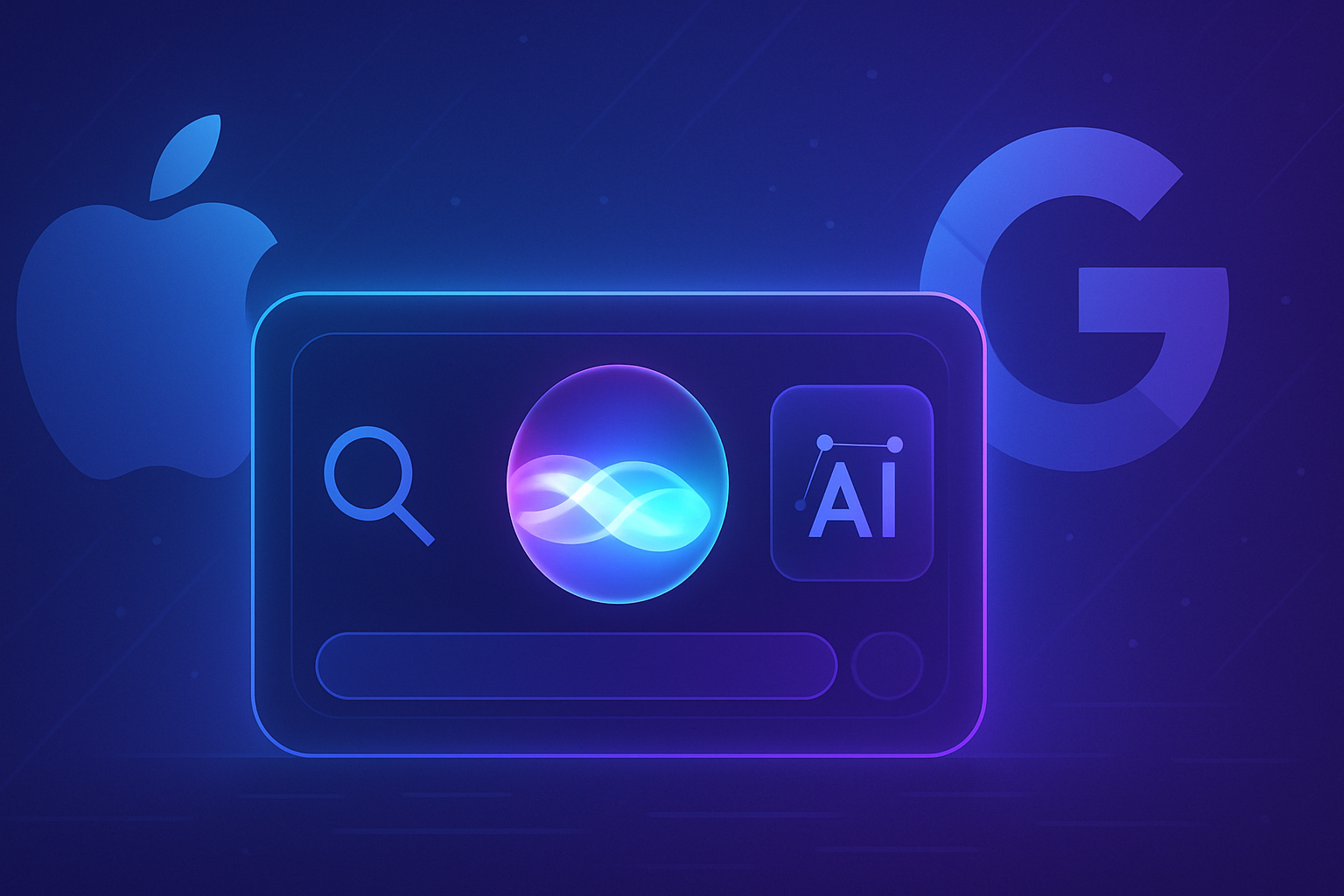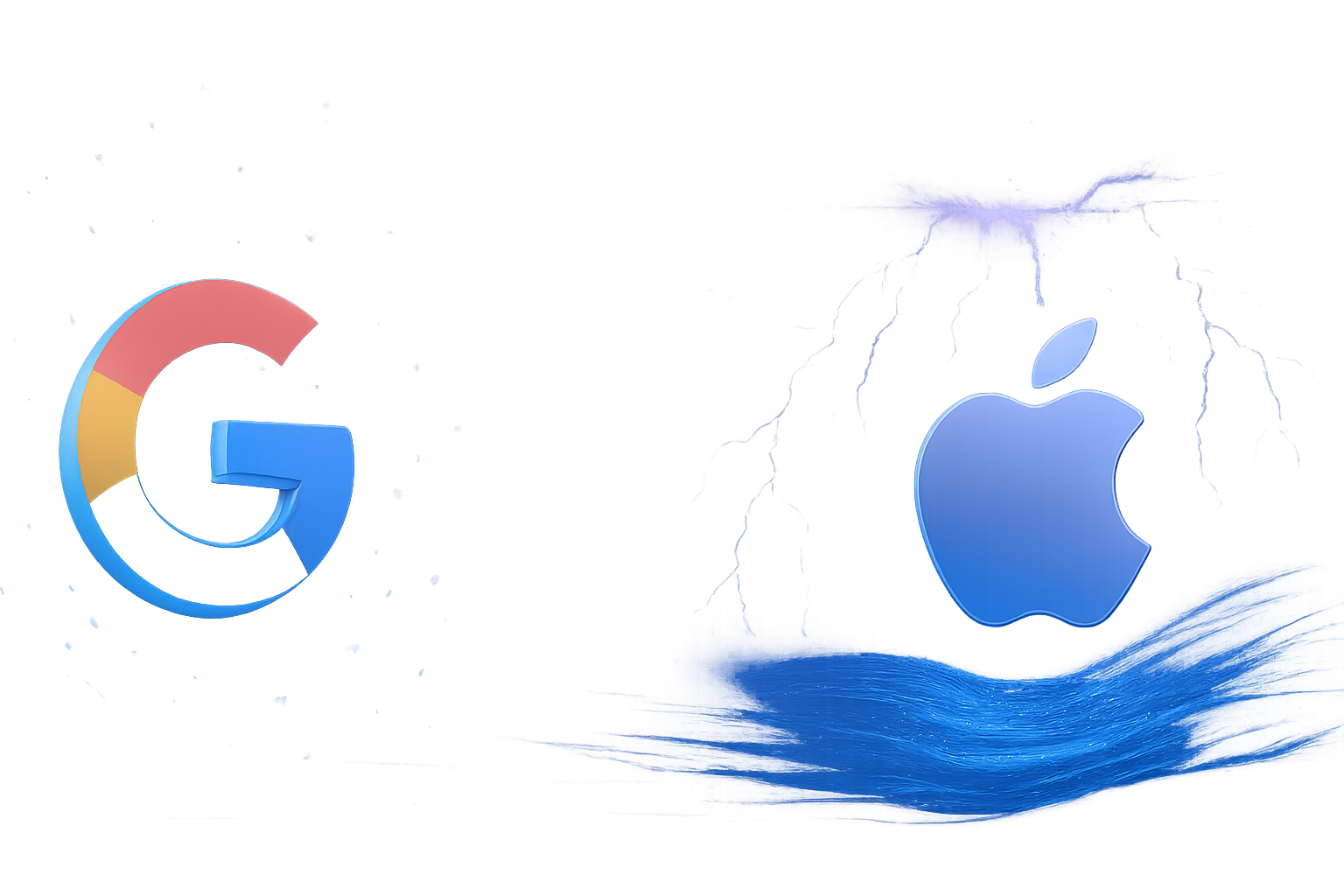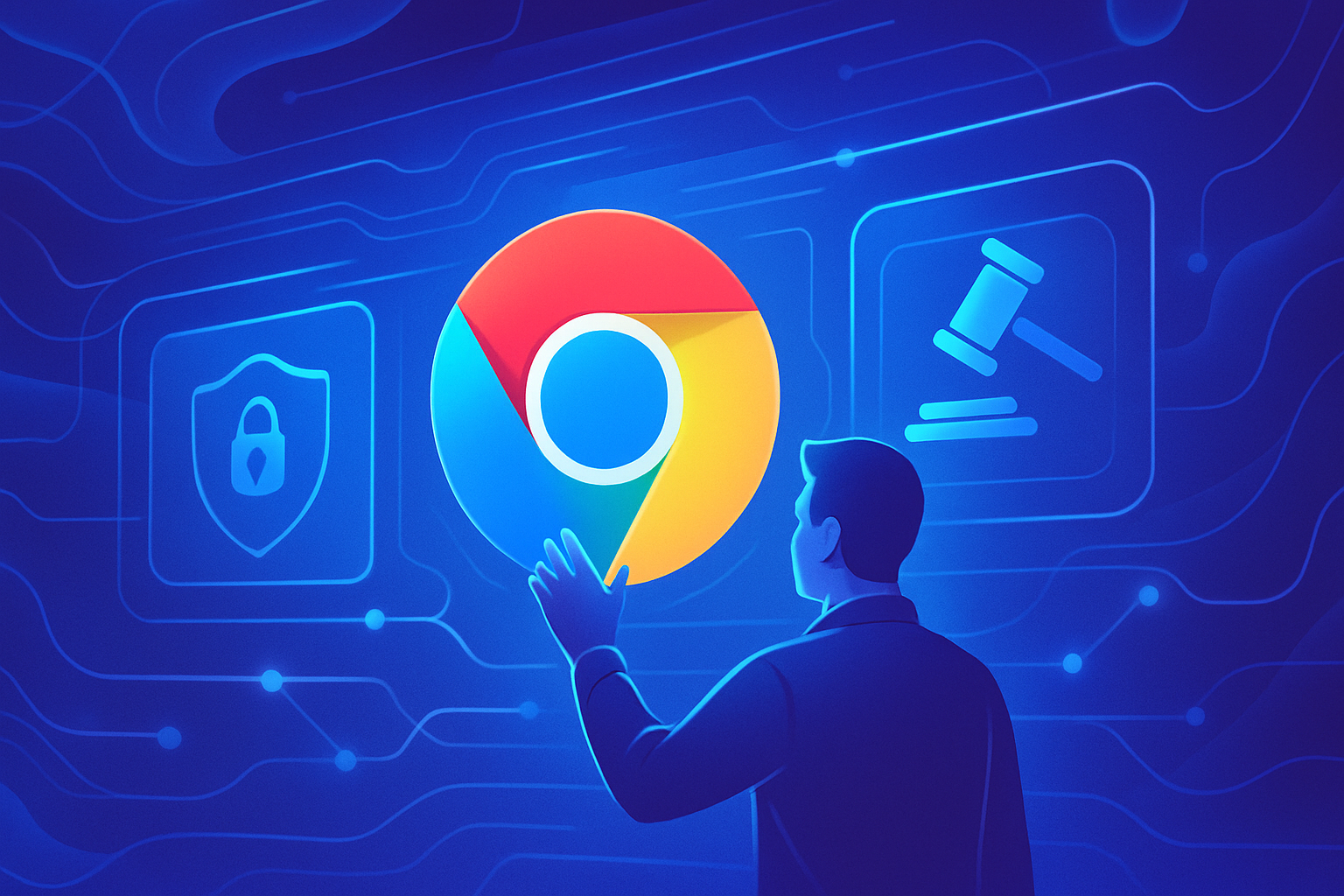Google abandons its ethical promise not to apply AI for military or surveillance purposes. This turnaround raises profound moral questions regarding the role of technology companies in armed conflicts. The update to the principles governing artificial intelligence suggests potential consequences for daily life and global security.
Google employees express their concern over this decision through internal messages, illustrating the disagreement within the company. As technology becomes a strategic tool, *the question of ethical responsibility* emerges sharply, redefining the lines between innovation and security.
This complex situation embodies a significant turning point in the relationship between technology, ethics, and national sovereignty.
Google modifies its ethical principles
Google recently announced a revision of its ethical guidelines regarding the use of artificial intelligence (AI). This update removes the company’s previous promise not to apply AI for military or surveillance purposes. A decision that raises major concerns within the company and the public.
Internal reactions from employees
Google employees have widely expressed their concerns about this development through the internal platform Memegen. A particularly viral meme shows Google’s CEO, Sundar Pichai, humorously searching for how to become a weapons contractor. This illustration highlights the growing discomfort among staff regarding the ethical implications of this new direction.
Additional memes have alluded to troubling ethical scenarios, asking the question: “Are we the villains?” This ironic altitude resonates with real concerns regarding the morality of the company’s strategic choices.
Evolution of Google’s guidelines
The updated guidelines no longer include the commitment to refrain from using AI to develop weapons or surveillance technologies, marking a significant break from the past. The company has not clearly acknowledged the removal of this ban in its official communications, fueling speculation.
Project Nimbus and external criticisms
Google has recently faced criticism for its controversial $1.2 billion contract known as Project Nimbus, related to Israel. Many employees and activists are calling for accountability, arguing that this collaboration could facilitate military and surveillance operations against Palestinians. Critics highlight the potential dangers of such an alliance.
Past commitments and internal resistance
In 2018, Google was the subject of internal protests that led it to abandon a military contract with the U.S. Department of Defense, known as Project Maven. Employees successfully pressured management to adopt a set of principles banning the application of AI for harmful purposes.
The overall trend in the tech industry
Google’s decision is part of a broader trend within the tech industry. Companies like Microsoft and Amazon have also entered lucrative contracts with government agencies, strengthening the closeness between the private tech sector and national defense initiatives. This dynamic could force Google to align its strategies to maintain competitiveness.
Defense of the new policy by management
Executives at Google, such as Demis Hassabis, CEO of DeepMind, have defended the new direction on behalf of contemporary geopolitical challenges. In a statement, they argued for the need for increased collaboration between companies and governments to ensure that AI remains aligned with democratic values. They emphasized: “Democracies should guide the development of AI.”
Economic impact and uncertain future
Following the announcement of this update to its principles, the stock value of parent company Alphabet dropped by over 8%, representing a loss of more than $200 billion in market capitalization. Investors remain wary given the rising costs associated with AI, particularly in a context of slowing revenue.
With AI becoming a key factor in global military strategies, Google’s reevaluation of its principles may pave the way for defense contracts that were previously rejected. Such a possibility raises profound ethical questions about the role of technology companies in maintaining national security and the implications for society.
Frequently asked questions
Why did Google change its policy on the use of AI for military applications?
Google has updated its ethical principles regarding AI to adapt to an increasingly complex geopolitical landscape, believing that cooperation between companies and governments is necessary to develop AI aligned with democratic values.
What were Google’s original promises regarding the use of AI?
Initially, Google committed to not developing AI applications that could be used for weapons or surveillance systems that could cause harm.
What are the risks associated with this change in Google’s policy?
This change raises ethical concerns about the possibility of AI being used for military applications, which could have detrimental effects on human rights and global security.
How have Google employees reacted to this decision?
Google employees have expressed their dissatisfaction through memes on internal platforms, criticizing management for relaxing its commitments to AI ethics.
Will this new policy allow Google to obtain government contracts?
Yes, the revision of its policy could allow Google to position itself more in the government contracts market, where other companies like Microsoft and Amazon have already established partnerships.
What consequences could this change have on Google’s reputation?
This turnaround could tarnish Google’s image, particularly among consumers and employees concerned about ethics, who may perceive the company as prioritizing profits over ethical principles.
Has Google indicated how it plans to regulate the military use of AI?
In its new guidelines, Google has not provided specific details on regulating the military use of AI, leaving this question open to interpretation and controversy.
Have there been similar precedents in other tech companies?
Yes, other tech companies like Microsoft and Amazon have also changed their policies to include collaborations with defense agencies, prompting similar ethical debates.
What impact could this decision have on the future of AI in general?
This change could influence the future development of AI, prompting other companies to follow a similar path and potentially leading to the militarization of this technology.






